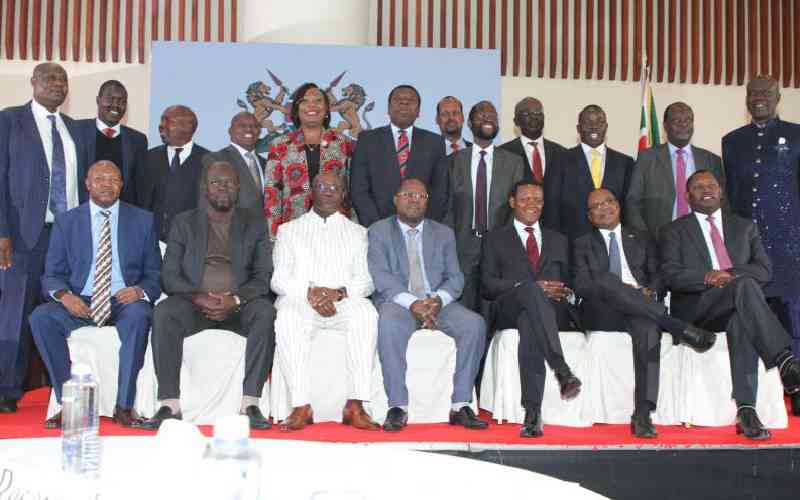×
The Standard e-Paper
Join Thousands Daily

The Council of Governors (CoG) has listed the hits and misses of devolution since 2013 when the devolved system of government was introduced.
Speaking during the last State of Devolution Address, CoG chairman and Embu Governor Martin Wambora said devolution has brought meaningful gains in various sectors despite the impact of Covid-19 in the last two years.